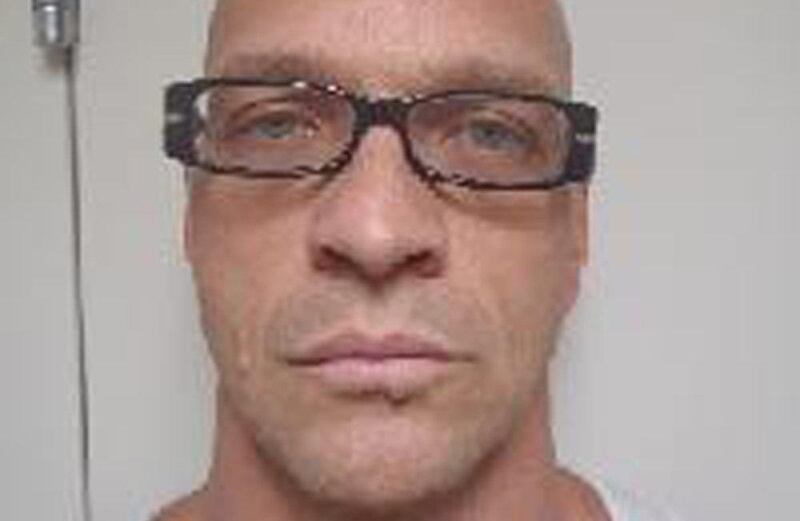A condemned killer in the US who had given up on appeals against his execution on Wednesday received an 11th-hour reprieve after a a pharmaceutical company sued to prevent the use of one of its drugs in the lethal injection process.
Alvogen, which said the Nevada Corrections Department had obtained the sedative midazolam unlawfully, won a court order barring the product from being administered to Scott Dozier as part of the state’s recently devised and untested three-drug execution process.
The 47-year-old was to have been put to death at a state prison in Ely, Nevada, about 395 kilometres north of Las Vegas, in what would be the state's first execution in 12 years.
But the ruling by Clark County District Judge Elizabeth Gonzalez meant it was uncertain when or whether the execution could proceed.
On Tuesday, the drug company filed a lawsuit asserting that use of its product for a state killing would cause "irreparable injury to Alvogen, its reputation, and its goodwill". A copy of the complaint was posted online by the Nevada Independent news organisation.
Nevada corrections officials revised their lethal injection protocol last week, saying they were switching to midazolam to replace expired prison supplies of another sedative, diazepam.
Midazolam, which the World Health Organisation counts on its list of essential medicines, has been implicated in a number of botched executions in the US.
In Nevada, the sedative is intended to render the inmate unconscious before the person is given the synthetic opioid fentanyl and then the paralytic agent cisatracurium.
Dozier has reportedly suspended any further appeals of his conviction or sentence, saying he can no longer bear life behind bars.
"Life in prison isn't a life," Dozier told the Las Vegas Review-Journal in an interview published on Sunday. "If people say they're going to kill me, get to it."
His lawyer, Thomas Ericsson, told the newspaper last week he knew of no outside groups or individuals that could step in and halt the execution.
Lawyer and death penalty expert Scott Coffee was quoted as calling the Dozier case "state-assisted suicide".
Dozier was convicted in 2007 of the murder of Jeremiah Miller, who was robbed and shot to death in 2002 after traveling to Las Vegas, where Dozier had promised to help him obtain drugs to make methamphetamine. Miller's headless torso was later found stuffed in a suitcase in a bin, news media reported.
He was also convicted in the 2005 murder of Jasen Greene in Arizona before the trial in Nevada.
Dozier’s death sentence was stayed last November at the state’s request after a judge blocked the use of cisatracurium during the execution, but the state supreme court overruled that decision.
Lethal injection was first written into US law by the state of Oklahoma, in 1977. It was first used by Texas in 1982. Since then, it has been subject to legal challenges at state and federal levels by inmates and drugs companies.
The challenges have prompted states to seek other ways of killing their condemned, including the untested method of nitrogen hypoxia.






